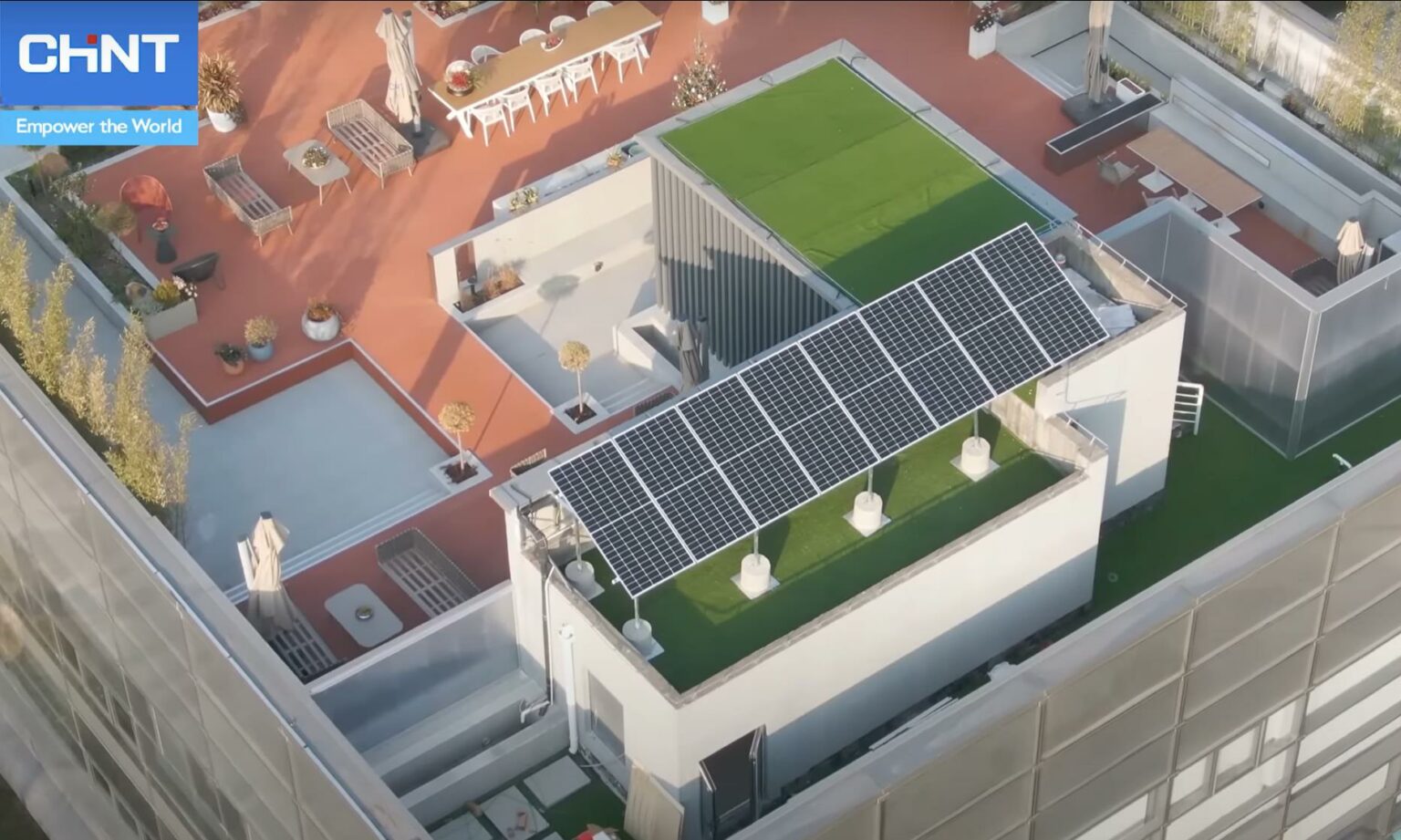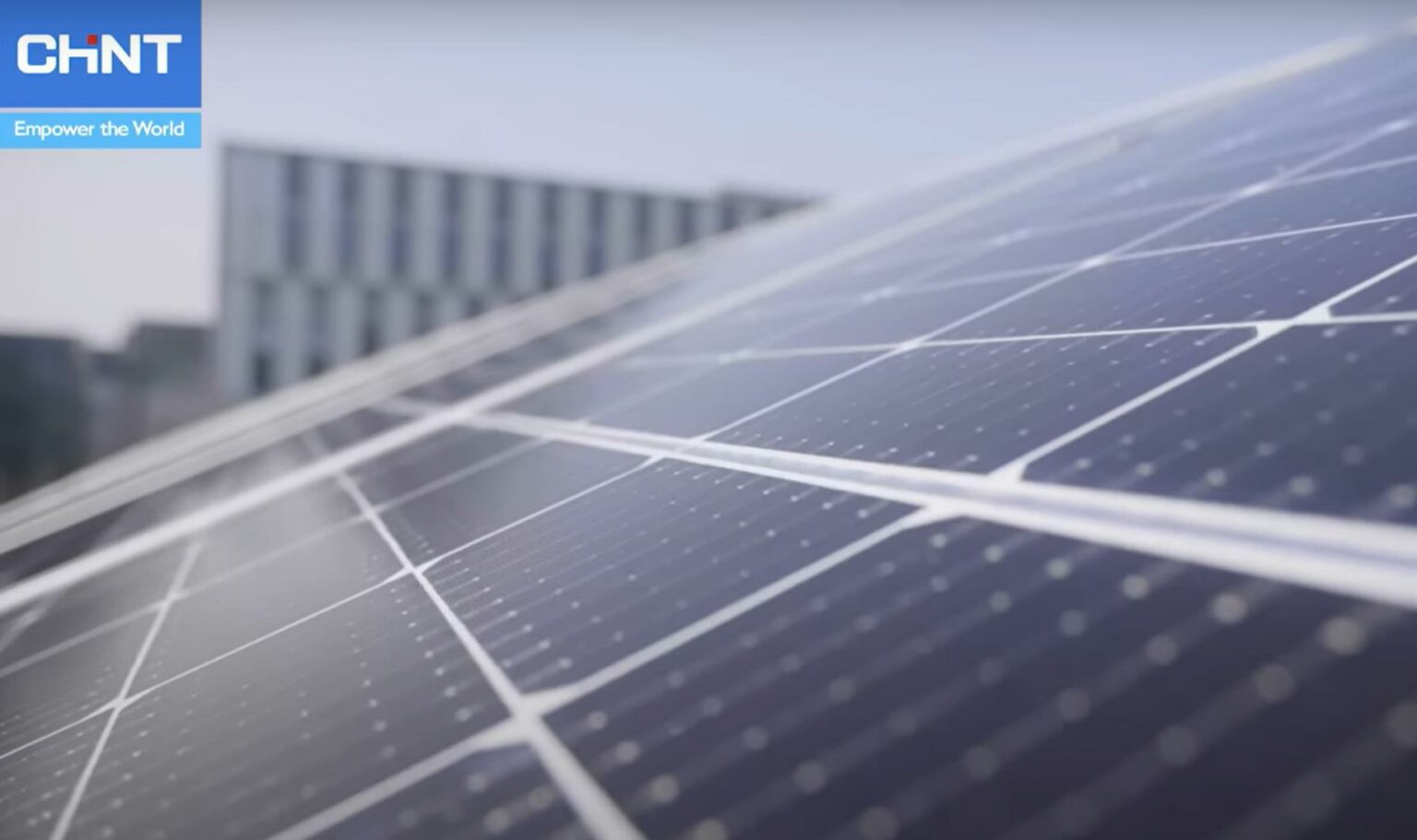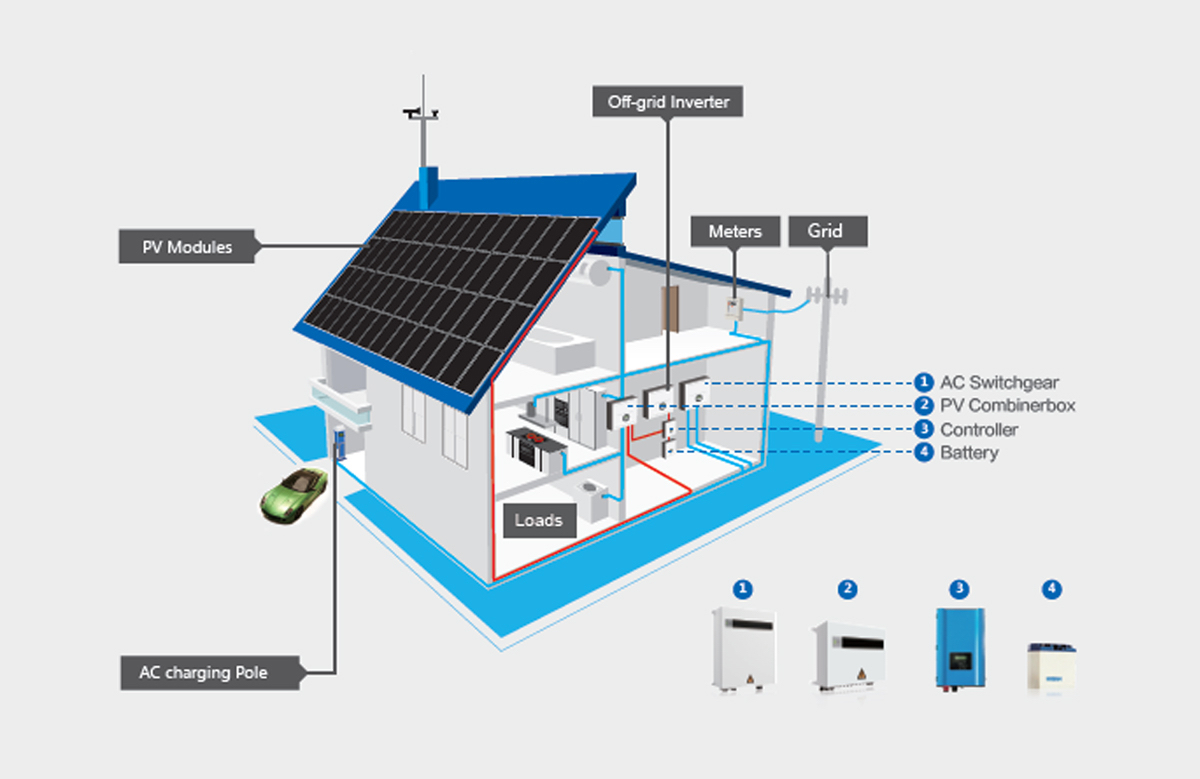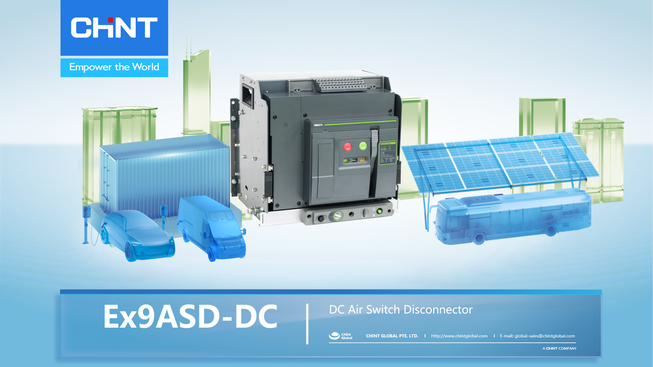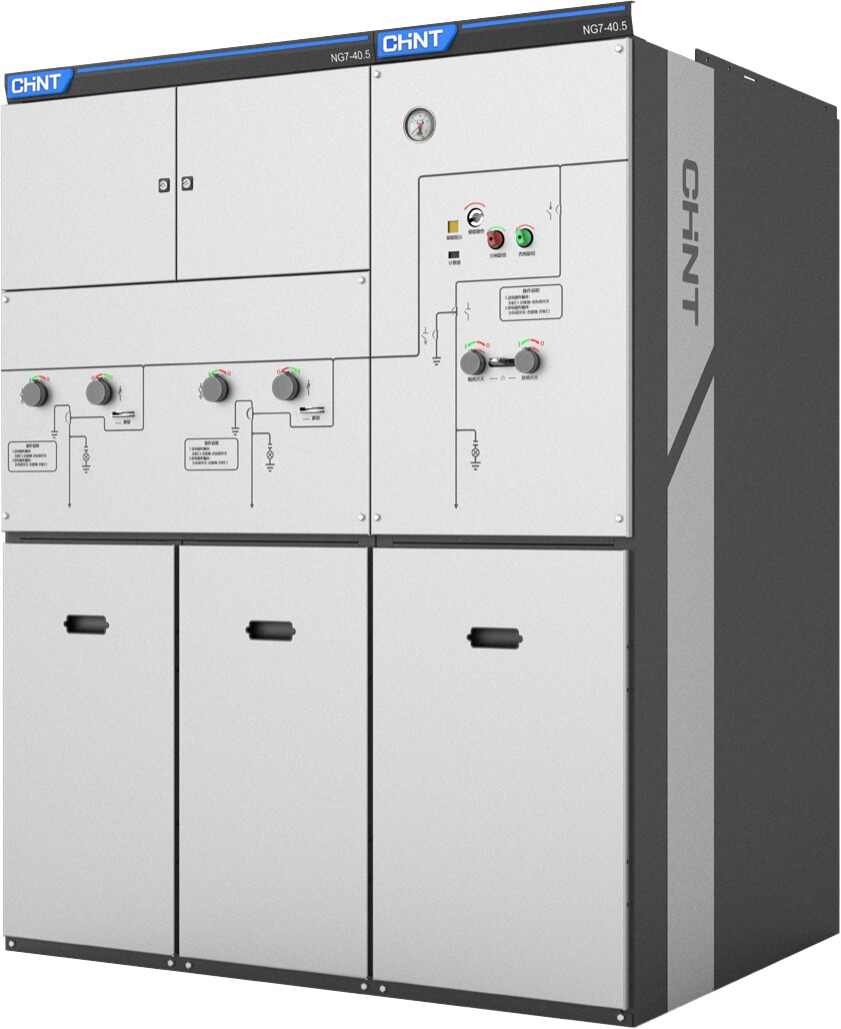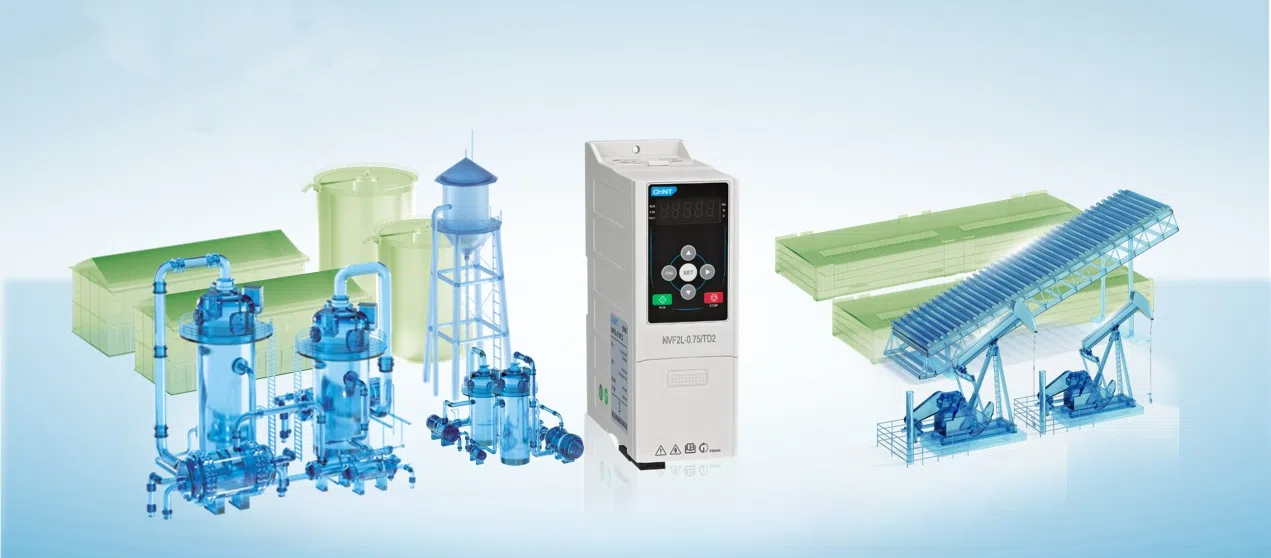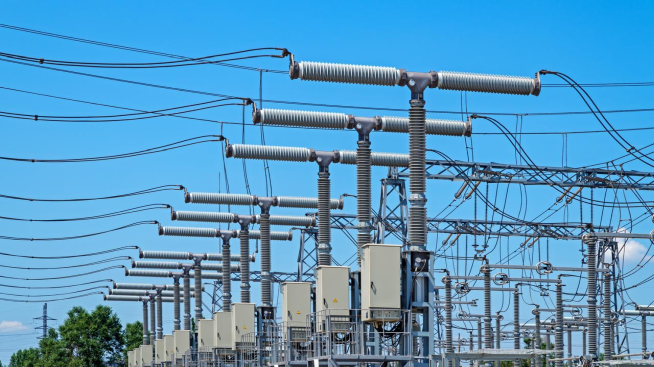Table of Contents |
Cleaning solar panels is just as important as how they were installed. Solar panels are composed of various materials, some of which are extremely sensitive. When improperly cleaned, these materials can cause corrosion and even begin to break down the panel. To avoid breakdown, it’s essential to clean solar panels correctly. In this article, we’ll discuss how to properly clean solar panels at home and look at the benefits of doing so.
What Causes Dirty Solar Panels?
Dirty solar panels are one of the most common problems that solar panel owners face. Dirty solar panels are not only a nuisance but also a safety concern. Dirty solar panels can affect the output of your system and cause it to produce less electricity, which means it will cost you more money to put into your system.
There are several reasons why your solar panels could be dirty. Here are some of the most common causes:
- Dust buildup: Dust can slowly build up on your solar panels over time if you don’t clean them often enough.
- Water damage: If water gets inside the panel, it can cause corrosion and reduce the amount of electricity from it.
- Debris: Debris from plants or animals may get stuck in between the cells and cause blockages that prevent electricity from flowing freely through the panel.
- Rainwater: Rainwater can seep into your panel and cause water damage and rusting around metal connections due to corrosion caused by moisture inside the cells.
How to Clean Solar Panels?
Cleaning solar panels with water can be a hassle. It takes too long, is messy, and can damage the panels. Luckily, some simple tricks will keep your solar panels looking great for years. Here are ways of cleaning solar panels.
Robotics
Robotics is a new and exciting technology used to clean solar panels. Robots are autonomous machines that can be programmed to perform specific tasks. Using robotics to clean solar panels is one of the most effective and time-saving methods.
Robots can get inside the panel and clean it, removing dirt and debris that would otherwise be left behind by hand. This results in a more efficient cleaning process that takes less time, which reduces the risk of scratches or damage to the surface of the solar panel.
The robot uses an algorithm that maps out the shape of the rooftop and then uses its robotic arm to collect debris such as leaves and twigs that may have fallen on the roof over the winter months and leaves left by birds.
The robot then pushes these items into bins on top of the machine, filled with water, ice or sand, so they don’t float away. The robot removes any remaining debris with its robotic arm before moving on to another rooftop to continue its cleaning duties.
Soap-Less Brushes and Sponges
Soap-less brushes and sponges are excellent for cleaning solar panel surfaces. They can be used to clean the panels without leaving any residue behind. Soap-less brushes and sponges are made from natural materials like wood, rubber, and plastic. The bristles on these tools are usually made from bamboo, an eco-friendly material. These tools can be used on painted and unpainted surfaces because their bristles are soft enough to clean even the most delicate surfaces.
Waterless Vibration
Vibration is one of the best ways to clean solar panels because it doesn’t use any water or other harmful chemicals on the surface of your panels. It’s also relatively easy and requires no special equipment or tools. The basic process involves vibrating the surface of your solar panel with a powerful tool called an industrial vibrator (also known as “Vibra-clean”). This method uses high-frequency vibrations to break down dirt and grease on the surface of your solar panel without damaging its surface or internal components.
Nanoparticle Coatings
Another way to clean your solar panels is by using nanoparticle coatings explicitly designed for cleaning solar panels. These nanoparticle coatings are applied using an electrostatic spray gun or roller, which can be used on metal surfaces and glass surfaces. They work by removing dirt and grime from both sides of your solar panels while they are still in their protective cases during storage or transport, making them ready for installation quickly after they have been cleaned.
Manual Cleaning Work
Cleaning solar panels manually is one of the most common methods homeowners use. All you need is a garden hose, sponges, water, and elbow grease.
Here’s how to do it:
- Take off the caps on your solar panels by unscrewing them if they’re plastic or unscrewing the screws on the metal ones if they’re metal.
- Put on rubber gloves and start scrubbing with the sponge. You can use any sponge that doesn’t break apart when you wash it in the dishwasher later, like a scrubbing pad or one with scrubby sides that you can use like a sponge. Ensure it doesn’t have too many holes or crevices; otherwise, water will get trapped inside and eventually ruin your panels.
- Once you’ve scrubbed them clean, rinse them off with water until they’re completely dry. Don’t allow standing water in between the panels because this could cause rust stains and corrosion over time which can ruin your solar panels’ performance even more than cleaning them directly.
Benefits of Cleaning Solar Panels
Cleaning solar panels is key to their long-term performance. Solar panels should be cleaned as much as possible to avoid degradation, which can cause reduced energy production and increased maintenance costs. Here are the benefits of cleaning solar panels.
Improve Efficiency
Solar panels work by converting light into electricity. If there is dirt on the surface of the solar panel, it can reduce how much light is absorbed by that area, reducing efficiency. Cleaning solar panels reduce dust, debris, and other contaminants such as leaves and bugs, which could further reduce efficiency. If you keep up with regular maintenance, you will also eliminate any buildup of dirt or dust on the surface of your solar panels that would otherwise continue to reduce their efficiency over time.
Warranty
When you purchase a solar panel system, you usually get many years of warranty coverage for it — usually around 25 years or more — but this coverage isn’t always enough if something goes wrong with one of your panels during this period (e.g. if there’s a power outage). By regularly cleaning your solar panels, you can extend this warranty period even further and ensure that if anything goes wrong with them during this extended period, they will still be able to provide energy for your home.
Increase Durability
Cleaning your solar panels will help them last longer and increase the lifespan of your system. You can also apply some cleaning products to ensure they’re protected against dust and debris that might cause damage over time. In addition, you can use these products in cleaning jobs outside the house since they’ll work just as well on other surfaces such as wood, asphalt, and concrete.
Improve ROI Time
One of the main benefits of cleaning your solar panels is that it will improve your system’s return on investment (ROI) time. When purchasing a solar panel system, many factors go into deciding which one is right for you. One thing that should be considered is how long it will take before you start seeing a return on your investment. Cleaning solar panels gives you an added advantage because they can reduce the time needed to see results with less work required than if they weren’t cleaned properly in the first place.
CHINT Solar Solutions
CHINT offers solar panel systems for homes and businesses and solar power plants. We also offer customers services such as maintenance, monitoring, and off-grid PV solutions.
Off-grid systems are the most common solution for residential and commercial PV applications. These systems can power a single home or multiple individual homes. Off-grid PV systems require no grid connection, meaning they will only produce energy during daylight hours when the sun is shining.
Unlike grid-connected systems, off-grid PV systems require an inverter to convert direct current (DC) power into alternating current (AC). The inverter also provides power conditioning (filtering) so that your DC system can send its generated energy to the grid instead of storing it in batteries.
Final Word
Cleaning solar panels is an essential part of your home energy system. If you notice decreased power output or peak power variation on your solar system, cleanings may be required to get those systems back in top form. Cleaning solar panels can help maintain service life and maximize the amount of electricity you get from each panel.




